Having resolved its long-running name dispute with Greece, North Macedonia is worried that Bulgaria might be the next serious hurdle on its EU path. Ongoing sources of controversy include the distinctiveness of the Macedonian language and nation, as well as attitudes towards historical figures (i.e., Goce Delchev and Tsar Samuil) claimed by both countries. How do young people from both sides of the border see the never-ending dispute? Our authors Kristijan from North Macedonia and Liliana from Bulgaria share their impressions on public perceptions in both countries.
The feelings of most Bulgarians towards their neighbour, North Macedonia, can be summarized in three words: romanticization, pity, and resentment.
Historical Sentiments
For a variety of historical, geographical and cultural reasons, North Macedonia has long been a romantic dream for Bulgarian people, who consider it part of their territory, identity and soul. Many of them believe that Bulgarians and Macedonians are in fact one people – Bulgarian – divided into two countries as a merely coincidental consequence of the post-WWII geopolitical realities. These attitudes align with official Bulgarian policy: under President Zhelyu Zhelev, Bulgaria was the first country in the world (in 1992) to recognize the independence of what was then the Republic of Macedonia from the Yugoslav Federation in 1991. Notably, this recognition did not include an acknowledgement of the existence of a Macedonian language or people.
Recognition and Reservation
On the political front, these sentiments have given rise to an uncompromising stance by the Bulgarian government, which has repeatedly raised the possibility of blocking North Macedonia’s EU accession path unless a series of still-unspecified concessions are made by its Macedonian counterpart. Almost thirty years later, young Bulgarians generally have a rather friendly sentiment towards their Macedonian counterparts. It comes together with pity for what they believe is a systematic brainwashing of the Macedonians, which, in their view, generates an artificially distinct national consciousness. The mainstream Bulgarian stance posits that the very existence of a separate Macedonian people is a historical oxymoron, which has falsely been transformed into conventional wisdom through consistent distortions of Balkan history in the Macedonian education system and public discourse.
Historical Complexities
Liliana: From some Bulgarians’ point of view, an attempt is being made in North Macedonia to manipulate Balkan history by tendentiously falsifying the historical past and appropriating Greek and Bulgarian historical figures and events. No matter what country you live in, if you used to sing patriotic songs about a certain historical figure in kindergarten, make presentations dedicated to him/her in high school, and you now read books about the same person, a general feeling of anger or annoyance will start flourishing once another country claims that this same figure actually belongs to it.
Kristijan: I fully sympathize. I remember the shock I felt when I learned from a Bulgarian friend at the age of 16 that Goce Delchev (a famous anti-Ottoman revolutionary) was portrayed as a Bulgarian hero in their national history textbooks. But, from today’s standpoint, this makes perfect sense to me: people like Delchev were instrumental to the shared anti-Ottoman effort of our countries and are now rightly celebrated by Macedonians and Bulgarians alike.
Identity Dilemmas: Delving into Goce Delchev’s Legacy
Kristijan: Does Delchev become any less significant if Macedonians call him a Macedonian and Bulgarians refer to him as a Bulgarian? I don’t think so, but unfortunately, a lot of people in both of our countries would answer “yes”. And if I may be slightly provocative, my anecdotal impression (it’s difficult to find directly comparable opinion polls on this in the two countries) is that the average Bulgarian is even less willing to agree to “share” Delchev than the average Macedonian – maybe due to a “big-brother” superiority complex?
Monumental Controversies: Skopje 2014 Project
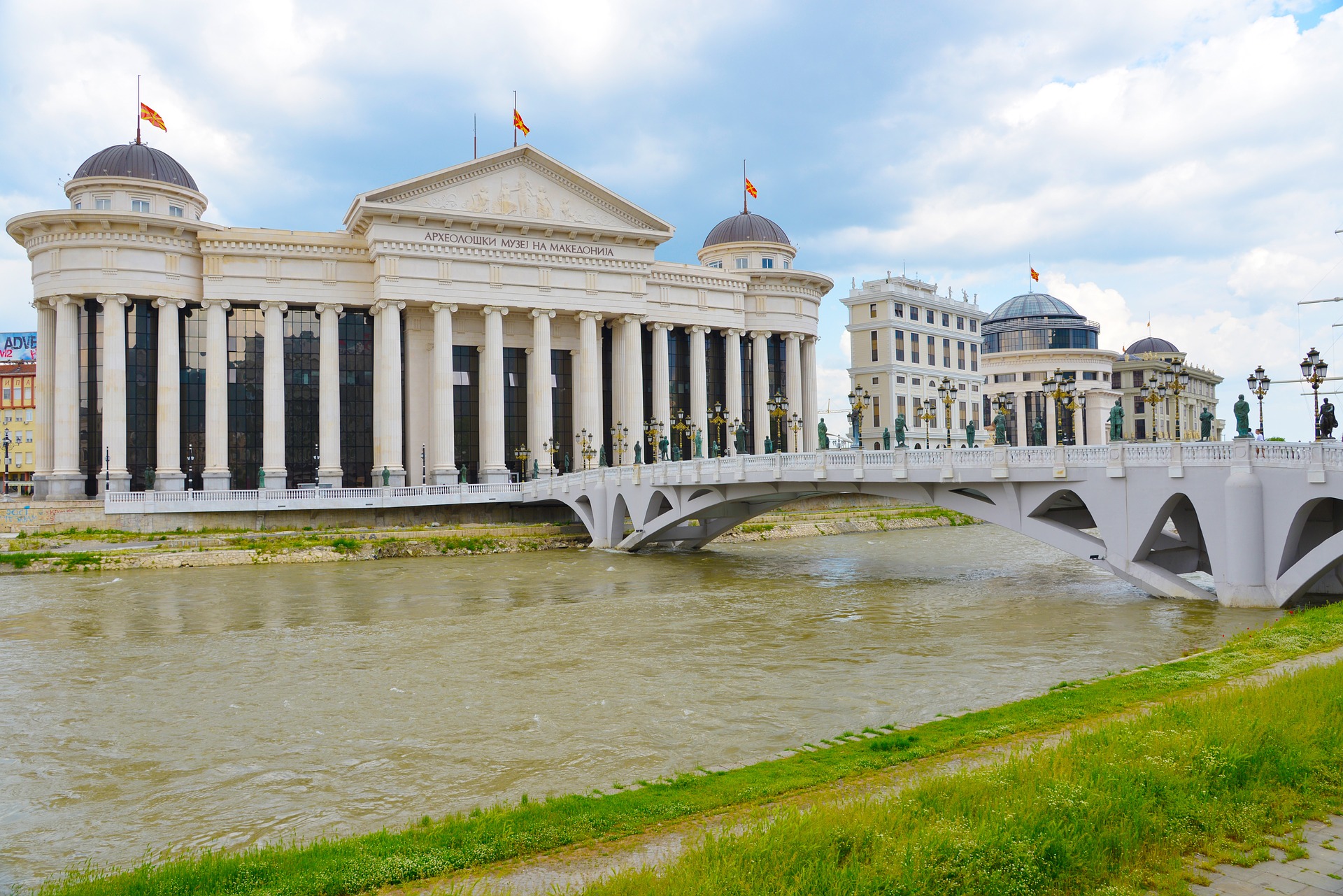
Schmid-Reportagen, Pixabay (https://bit.ly/3klVBFq)
Liliana: One thing that takes away legitimacy in North Macedonia’s theses is the mixture of theories and cults – a conviction that can be illustrated by the seemingly chaotic erection of monuments in the capital Skopje representative of a variety of architectural styles and historical periods. I say “seemingly”, because most of them were erected as a result of the government-funded project “Skopje 2014” aiming to give Skopje a more classical appeal. Some of the controversial monuments include Alexander the Great – king of ancient Macedonia (during the Ancient Greek era), Byzantine emperor Justinian I, the monument of tsar Samuil of the Bulgarian Empire and the Bulgarian Todor Aleksandrov, previously dismissed as a Bulgarophile traitor by Macedonians themselves. Traditionally, monuments are built either to commemorate an event, or in honor of a national hero or foreign person important for the city. To most Bulgarians, what is going on in downtown Skopje looks like an attempt to reclaim aspects of the country’s history from its close neighbours. There is an underlying issue here – not only are the monuments of Bulgarian history and culture presented with forged inscriptions and texts, but some are also being destroyed – like hundreds of Bulgarian military cemeteries.

dimitrisvetsikas1969, Pixabay (https://bit.ly/37jDZ9Q)
Kristijan: I certainly see your point. It’s hard to imagine anything more detrimental to good neighborly relations than a blatantly provocative political project like “Skopje 2014”. You’ve actually omitted some of its most egregious parts, such as a giant gate next to the controversial statues that looks like the Arc de Triomphe, despite the lack of any historical or cultural resonance.
Legacy of Tsar Samoil: Shared or Exclusive?
Kristijan:That being said, I also think Bulgarian reactions to the project have often been exaggerated. Take Tsar Samoil, who is, indeed, known to the wider world as the tsar of the medieval Bulgarian Empire. However, this empire preceded the establishment of modern nation-states by more than a few centuries, which, in the view of most Macedonians as well as my own, deprives present-day Bulgaria of an exclusive claim to his legacy. With much of his territory, including his capital, Ohrid, being located in present-day North Macedonia, I don’t find it unreasonable for Macedonians to also celebrate Tsar Samoil. While the abrupt erection of the monument was certainly a cheap political maneuver (albeit somewhat expensive for the Macedonian taxpayer!), the Bulgarian response was yet another indication of a stubborn unwillingness to recognize the shared history of our two countries.
Language
Liliana: The language question is the following: is there a Macedonian language that exists separately and independently of the Bulgarian language, or is Macedonian a dialect of Bulgarian? There is no clear and universally recognized procedure for international political recognition of a language, and this creates problems.
According to the Bulgarian Academy of Sciences and leading philologists, the so-called “Macedonian language” is “a written regional form of the Bulgarian language because it is based on Bulgarian dialects“.
Borderline Linguistics
Liliana: Some claim that in certain Bulgarian border areas there are places where the dialect is closer to what is today standard Macedonian than it is to standard Bulgarian. This is why subtitles are rarely put on when the interviewee is Macedonian. In the rare cases when the television goes for subtitles, it’s out of courtesy and fear of creating a dispute. The situation, however, risks being comical, because from Bulgarian point of view it is as though Bulgarian subtitles are put on Bulgarian news.
Global Perspectives: Language Variants and Comparisons
Liliana: Similar issues are not unique to the Balkans – the majority of Swiss consider the Swiss version of German to be a different language from standard German. It’s up to each of us to decide whether they’ll refer to Swiss German as a full-fledged language or one of the many dialects of German.
Kristijan: Every time I hear the phrase “A language is just a dialect with an army”, I think of our two countries. As you said, there is no “gold standard” on how different two forms of speech have to be to be considered separate languages. I’m not a linguist, but the mutual intelligibility of standard Macedonian and standard Bulgarian today is certainly not 100%, although yes, we can understand each other in everyday communication with some extra effort. I would make an educated guess that Macedonians know more Bulgarian words that don’t exist in Macedonian than Bulgarians know “non-Bulgarian” Macedonian words, since we tend to travel to Bulgaria more (especially during the winter holidays).
That being said, there are dialects in Italy – let alone in larger and more heterogeneous countries around the world – that are more different from one another than Macedonian and Bulgarian, yet are not considered separate languages. The comparison is not perfect, since these speakers can still understand each other if each spoke standard Italian, but it does go to show how similar our forms of speech are by global standards.
Cultural Respect
Kristijan: Long story short, I’m certainly not offended. But I’m probably in a minority on this when a Bulgarian person tells me Macedonian is not a separate language. South Slavic languages (don’t get me started on Serbian/Croatian/Bosnian/Montenegrin!) are all so similar that this entire debate probably seems preposterous to the outside world. I do, however, take offense when Macedonian is painted as a dialect of Bulgarian, as opposed to the two languages being portrayed as linguistic variants of each other. If we can both call Tsar Samoil our own and recognize the other’s right to do the same, why not take the same approach to our language(s)?
The way forward
The future of the diplomatic relations between the two countries currently lies in the hands of а joint expert commission established to find common ground on historical disputes. While diplomacy doesn’t have much to do with the attitudes of ordinary people who aren’t following every foreign policy maneuver closely, the climate created by the work of the commission might affect Macedonian-Bulgarian mutual perceptions for years to come.
During the first half of 2020, the Macedonian members of the Commission suspended their participation due to a subsequent parliamentary election, which was seen by the Bulgarian side as a convenient excuse at best and political interference into what is supposed to be an independent process at worst. Another bump in the road came after the adoption of a controversial declaration by the Bulgarian parliament in October 2020, which prejudiced the work of the Commission by ruling out the possibility of recognizing the Macedonian language, as well as downplaying the Bulgarian occupation of present-day North Macedonia during WWII.
For a dispute that has revolved around whether the two countries are made up by one people or two brotherly peoples bound closely together by history and geography, it is bizarre how recent developments are suddenly presenting a choice between friendship and enmity. Whatever conclusions the commission comes up with, it will be up to the young and progressive forces in both countries to resist this false dichotomy.

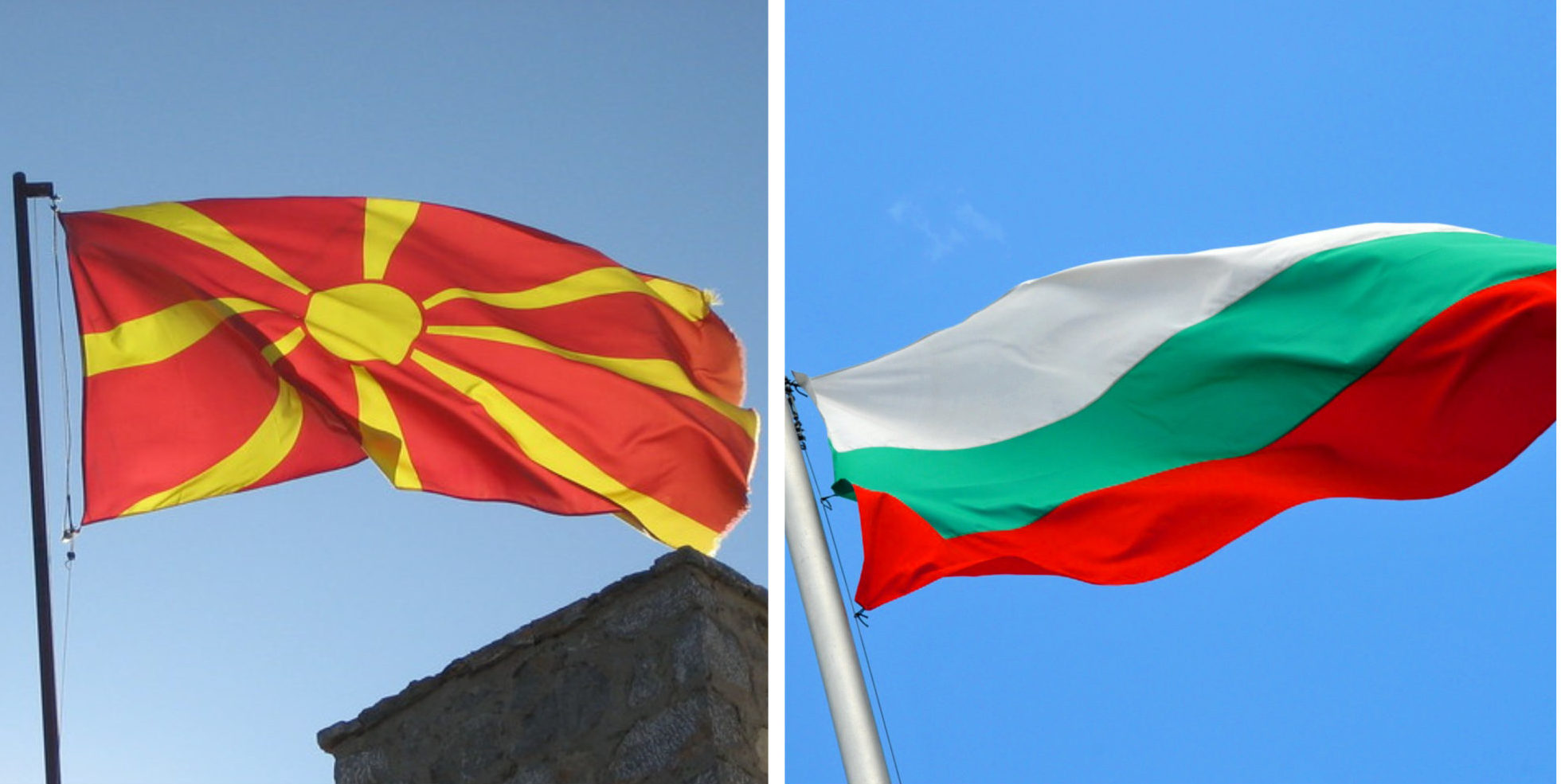
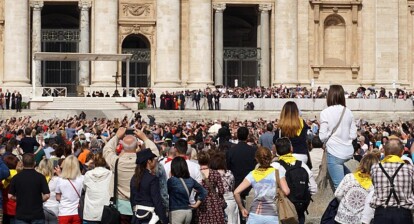
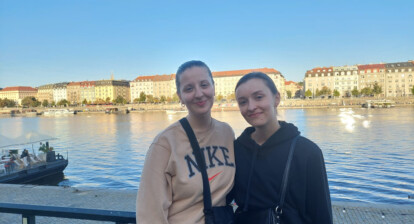
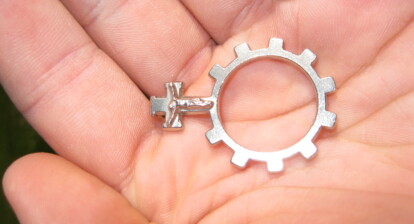
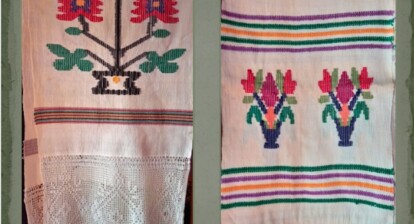
Chicho
Manipulation against Bulgarian history!
Liliana
Hello Chicho,
The article shares the impressions on public perceptions in both countries, and does not intend to take sides or to present the debate one-sidedly.
Terry
One people two nations. North Macedonia needs correction.